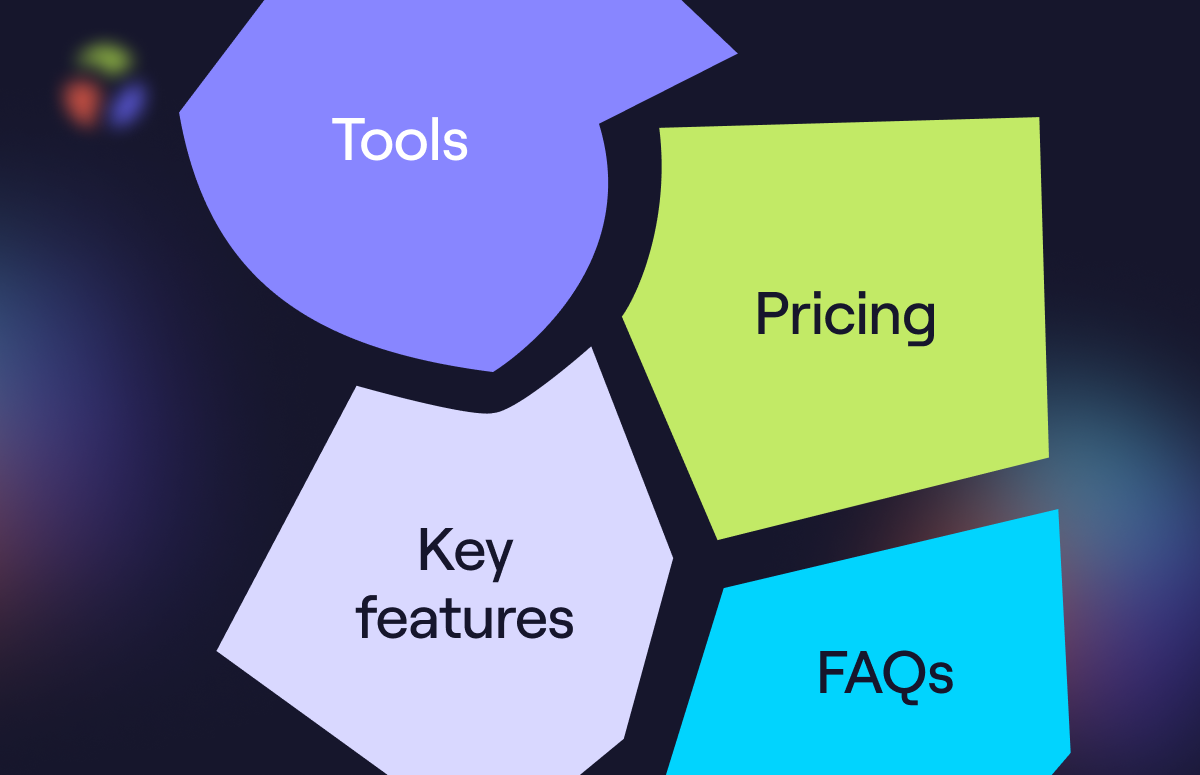5 Tips for Accelerating Your Sales Career
Many determined, driven, new SDRs want to rise through the ranks of a sales organisation. Impressing their colleagues and superiors as they go.
Others want to use a sales role as a jumping-off point for other long-term career goals.
Regardless of what you’re getting into sales for, it can be a lucrative and successful career path. If you’re willing to put in the work.
And two people who know this very well are Ryan Reisert and Aaron Ross. They’re here to share their tips and insights for accelerating your B2B sales career.
Keep reading to find out what they said!
Routes through sales
There is no set route for an SDR to take to progress through the ranks. It will depend on the sales organisation you’re in.
For example at Cognism, our reps often start as commercial SDRs. This allows them to deal with smaller businesses and deal sizes.
This is because new reps usually haven't worked in sales before. This entry-level role helps them get a foot in the door and receive vital training in order to progress.
Ryan says:
“Sales is a great option for people to get into. You don’t need an advanced degree. And it’s very versatile.”
If commercial SDRs perform well and a space opens up in the enterprise team, then they’re promoted to enterprise SDRs.
Now they’re working with larger organisations and deal sizes. Sometimes there’s a mid-market step between commercial and enterprise too.
After that, a successful rep might become an Account Executive. The AE role also has various levels (like an SDR) working through commercial, mid-market and enterprise.
But your options don’t end there. Ryan explains:
“You could veer off and instead of going into a closing role, you could go into leadership or team management.”
“Or you don’t have to stay in sales at all - it could open doors into marketing, product or customer success roles.”
Aaron adds:
“I took a sales job because I wanted to learn sales. I wanted to get paid to learn how to build a sales organisation. How to run a professional sales process and team. My long-term goal was to start another company.”
Sales progression timeline
You may be wondering… ‘How quickly can I progress through the ranks?’
When it comes to timelines, frustratingly there’s no silver bullet.
But for a chance to progress faster, you could opt to work for a well-funded, high-growth company.
The faster the company is growing, the more people they need to fill the seats. This will give you a chance to progress quicker than if you were at a smaller organisation.
A potential downside of working at a more established company is they’re likely to have formalised processes. This can lead to more red tape and slower decision-making, which can slow your progression.
In some cases, organisations will promote based on free seats. In other words, they’ve promoted someone else above you in the chain so their old role is now available.
In others, you might get automatically promoted after you’ve reached a certain quota. For example, you’ve hit x number of meetings booked.
Some companies might say you need to be in a particular role for a specific length of time before they move you up.
Of course, another important factor is your performance. You won’t get a promotion quickly (or at all) if you’re not performing well in your current role.
Aaron Ross says:
“To get opportunities to progress, you need to show you’ve done everything you can to get as good as you can at the job you do today.”
“And you need to show you have the aptitude and attitude to try something different. The attitude being the more important of the two.”
Most companies will have a formal process for performance reviews. That might be quarterly, bi-annually or annually. It’s then they’ll share their expectations for your role, against how you’re doing.
These are important if you want to continue progressing. Listen to what your management wants and their advice for how to improve.
If you can show you can take direction and get better at your job, you’re in a much better position for promotions.
Hit play for tips on how to stay motivated through your sales career. 🚀
Tips for accelerating career progression in sales
Here’s your chance to learn from the greats!
Keep scrolling for Aaron’s and Ryan’s top tips for getting noticed for promotion.
1. Go beyond your activity metric
Most sales roles have metrics to ensure you’re hitting enough touchpoints with prospects to feed the pipeline.
But Ryan advises that you should try to go beyond just hitting this number. That way, you’re not likely to miss quota!
He says:
“Do your own calculations. Know your SDR math.”
“For you to get x number of meetings booked, how many people do you need to speak to?”
“And how many dials does that mean you need to make?”
“Work the numbers backwards. And then tailor your activity output based on your SDR math.”
So double-check that the activity metrics you’re given will be enough to deliver the number of meetings needed for deals. Then set your own goals beyond the baseline.
Ryan adds:
“This is how you make sure you’re always hitting your number. Most SDRs don’t consistently hit quota every month, so if you do, you’ll stand out.”
“Even if you don’t hit your number every month, you’ll have the track record of being an activity hound.”
“If someone tells me to do 50 dials, I’ll do 100 dials.”
2. Volunteer for projects
Be up for anything.
If there’s a new project coming up that needs someone to chip in and help, then offer.
If there’s a new team member who needs someone to show them the ropes, volunteer.
If there’s an opportunity to lead a team in a new venture, take the leap.
Aaron says:
“There are always ways to volunteer for things to build your experience, and this is especially important in your early career.”
“Treat this as an opportunity to be paid to learn.”
3. Document everything
One of the superpowers a sales rep can have is data.
If you’re collecting information about:
- Who picks up?
- When do they pick up?
- What was the outcome of the call?
- Plus any other information that you learn that could help either:
- The next time you make a call to the same prospect
- Or the next salesperson calling this prospect
Then you’re going to make yourself a hot commodity.
Every AE is going to want the handover from the sales rep who has documented the whole process. That’s because it makes their job much easier and streamlines the buyer’s experience.
You can also be documenting:
- Your own learnings about what works and what doesn’t when outreaching to prospects.
- What patterns do you find in your data that could spark new innovative ways to reach prospects?
Ryan says:
“Documentation is huge. If you can show how you’re getting results so other people can replicate it, you’re going to get noticed.”
4. Innovate
Use the data you’re collecting to run experiments on how you could improve your current process.
Depending on the potential impact of these tests, you might need to run them past management. But don’t be afraid to try new techniques and be creative.
If you put your ideas out there, leaders will see you as an out-of-the-box thinker. And if they choose to implement your ideas and they get results - even better.
Ryan says:
“No more, ‘I wish we could do these things.’, Just do them. Nothing scammy - always be value-led.”
Another bonus? If you’re using out-of-the-box thinking to serve your prospects well, you might even get job offers from the people you’re outreaching to!
5. Be a coach or mentor to new starters
But what if your aim is to get a role in management? Look for ways to demonstrate how well you can look after other team members and manage processes.
A good place to start is by looking after new recruits.
Let them know you’re available if they have questions.
Tell management you’re happy to be a part of their onboarding and training process.
Share any learnings to help them get up to speed quickly.
Want to win Q4? Press play for insights from David Bentham and Morgan J. Ingram. 🎧
The last word
Before we round out this article, we want to leave you with some words of advice for anyone in a new role hoping to succeed.
Aaron says:
“Find a great manager, coach or mentor in the business who can help you navigate the organisation.”
“Good managers want you to succeed - not only in the job you’re doing but in your long-term career.”
“Get okay with asking for advice and help and get over the desire to look like you already know everything.”



